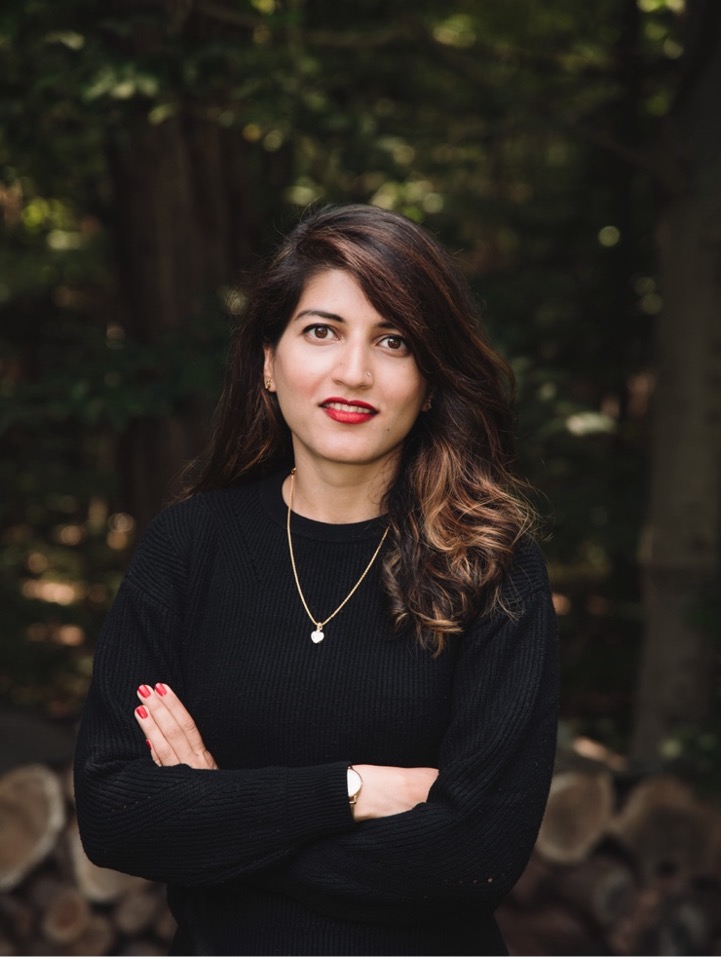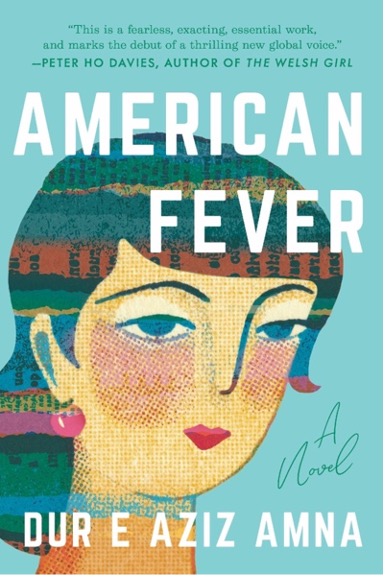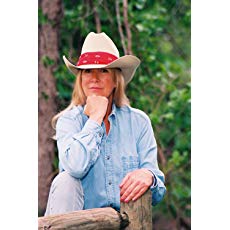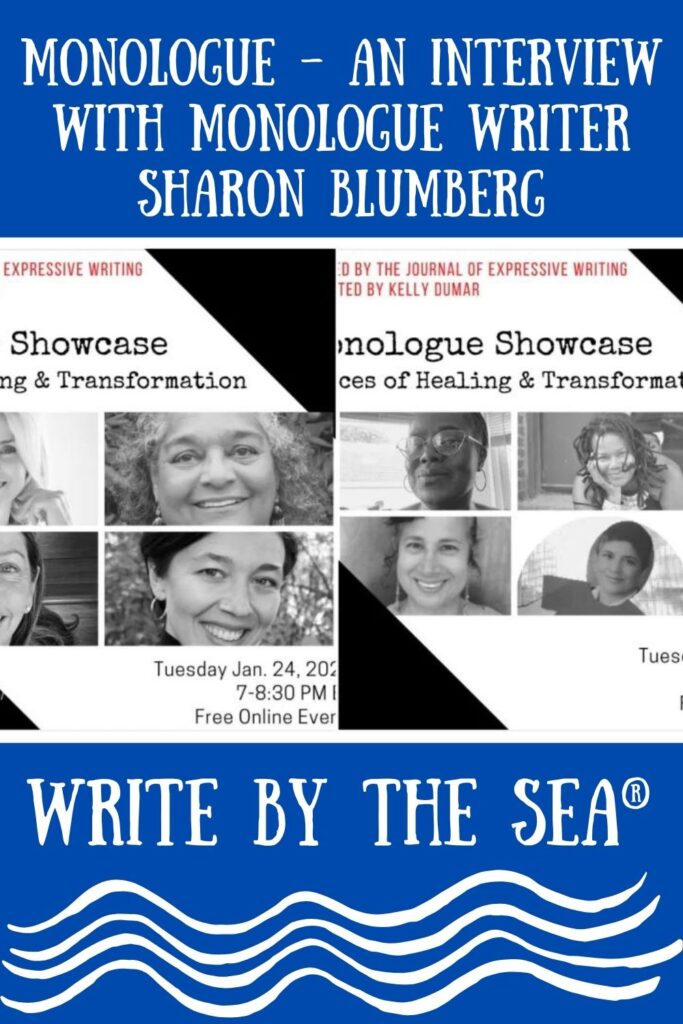I love to spotlight interesting author and their books here at writebythesea.
In this post, Dur e Aziz Amna, author of American Fever is in the Spotlight.

Dur e Aziz Amna grew up in Rawalpindi, Pakistan, and now lives in Michigan.
Her work has appeared in the New York Times, Financial Times, and Longreads, among others.
She won the 2019 Financial Times / Bodley Head Essay Prize, with an e-book publication by Penguin, and was longlisted for the Sunday Times Audible Short Story Award 2020.
She graduated from Yale College and the Helen Zell Writers’ Program at the University of Michigan.
She’s on the 2022 Forbes 30 under 30 list for media, marketing, and advertising.
American Fever is her debut novel.
About the Book, American Fever
On a year-long exchange program in rural Oregon, sixteen-year-old Hira must swap Kashmiri chai for volleyball practice and understand why everyone around her seems to dislike Obama.
A skeptically witty narrator, Hira finds herself stuck between worlds.
The experience is memorable for reasons both good and bad; a first kiss, new friends, racism, Islamophobia, homesickness.
Along the way Hira starts to feel increasingly unwell until she begins coughing up blood, and receives a diagnosis of tuberculosis, pushing her into quarantine and turning her newly established home away from home upside down.
American Fever is a compelling and laugh-out-loud funny novel about adolescence, family, otherness, religion, the push-and-pull of home.
It marks the entrance on the international literary scene of the brilliant fresh voice of Dur e Aziz Amna.

An interview with Dur e Aziz Amna
Q: What is your relationship with bilingualism/trilingual-ism and how does that reflect in the novel?
A: Like my teenage protagonist Hira, I also grew up learning not only English but also Urdu and Punjabi. As is often the case in multilingual settings, these three languages were not considered socially and intellectually equal—English was the language of business and education, Urdu was the daily language, taken as a sort of neutral ground, and Punjabi was a language I only heard spoken at home. My parents spoke it with each other, but didn’t allow us to speak it, because they worried the accent would infuse my Urdu, making me sound backwards. I tried to reflect this in Hira’s experience too, when she goes to the US and suddenly, English goes from being an elevated language of formal settings to a constant in her life.
Q: What do you wish the reader to take away from the book?
A: I try not to be prescriptive. The smartest thing I can say about the book is likely in it.
Q: What roles do perspective and point of view play in the telling of Hira’s story?
A: I love this question. The story is told from the perspective of an older Hira, looking back and reflecting on her experience. The reader never gets to know where the older Hira is, what she is doing, where she is living. I don’t know that myself, but I wanted the narrative to be infused with a certain wisdom and retrospection that the immediate reactions of a young, fiery teenager would not allow for.
Q: Who are your literary influences?
A: This is such a hard question, because I am constantly unearthing influence, i.e. realizing that a certain book I read many years ago taught me a fundamental thing about writing. A few writers that I’ve read recently that have created permanent little houses in my head are Etel Adnan, Mushtaq Ahmad Yusufi, Elena Ferrante, and Frantz Fanon.
Q: Tell us about the discussion of class in the novel, and why it’s important.
A: For a lot of immigrants coming to first world countries like the US, it’s the land of opportunity and abundance. And yet, Hira arrives in the US to find out that she has been placed with a host family in rural Oregon, in an impoverished and neglected part of the country. And so she moves down the class ladder in a lot of ways. I was interested to see how signifiers of class were different between the two countries, e.g. people around her in Oregon have iPhones but avoid going to the doctor at all costs.
Q: Tell us about the discussion of religion in the novel, and why it’s important.
A: It’s not much of a spoiler to say that Hira gets very sick during the duration of her stay in the US, through a disease that requires isolation and quarantine (nope, not COVID-19). This leads to a lot of doubt and desperation in her, and for so many of us, that’s the state of mind that either leads us to or away from God, and I wanted to explore that.
Q: Should there be good and bad in fiction? Is it the role of fiction to be moral?
A: I firmly believe all good literature is an exercise in morality. And there’s a distinction here, because when people grate against morality in fiction, they are often pushing against prescription, simple black-and-whites, binaries of good and evil, and so on, and of course, such lack of complexity is not what good fiction is about. And yet, as human beings, we are obsessed with morality, whether what we are doing is right or not. How can that not be reflected in what we write?
Q: Tell us about the host mother, Kelly, who is both kind and also very flawed. How did her character come about?
A: Kelly is the classic well-intentioned American who is Hira’s point of entry to the US, the kind I have met repeatedly in my time in the US. I did not want to paint her ungenerously, even though Hira is quite ungenerous about her, as teenagers are wont to be. And yet, I still wanted to show that despite all her good intentions, there are so many gaps in Kelly’s understanding of Hira, and some of those gaps are the usual frictions of age and personality, while others are a result of America’s positioning in the world and the apathy that the country encourages in its citizens.
Q: While the novel is not explicitly political, there are some underpinnings, such as the Osama Bin Laden case, references to Islamophobia, Pakistan’s issues of terrorism and attacks against minorities, and so on. How did you decide how “political” to make the novel?
A: I’m glad you put political in quotation marks because what is not “political”? Perhaps when we ask that question, we mostly mean issues that are globally recognized as substantial events. At its heart, American Fever is a coming-of-age story. And yet, by its very nature, the bildungsroman involves interaction between the main character and the world around her, and so, in the story of a young Pakistani woman’s journey to America during the post 9/11 years, it is impossible for politics not to rear its head.
Q: Are you working on anything new? Any novels in the works now?
A: Not immediately, although there’s a dusty draft of a second novel somewhere in my files. The process of publishing and launching a book means hearing your own voice over and over again, and I’m very excited to go replenish my mind by reading other people’s works for a few months.
**********************
Before you go, don’t forget to join our mailing list.
Just fill in your name and email address, below:



